Shenzhen Cool Chain Logistics, Southeast Asia, as part of a prominent group company, has firmly established its presence in various cities across the region. Among its many projects, the company is now placing a strong emphasis on reefer container transportation.
The company has a strong presence in China's key ports, including Shenzhen, Nansha, Shanghai, Ningbo, and Qingdao. These strategic hubs facilitate the company's primary focus on reefer container transportation, specializing in the handling of a diverse array of perishable goods.
Thomas Vance is the company's Deputy General Manager. He introduced some of the opportunities and challenges in the industry: "In the southern region, we have expertise through the handling of durians and longan from Thailand, bananas from Vietnam and the Philippines, as well as pineapples and dragon fruit from Vietnam. In East China, we manage a wide range of fruits. These include dragon fruit, longans, and fruits from the Western world, such as cherries, mandarins, and oranges. In Ningbo, the focus lays on fruits from South Africa, while Qingdao shares similarities with Shanghai but is renowned for its handling of longan, with dragon fruit following closely behind".
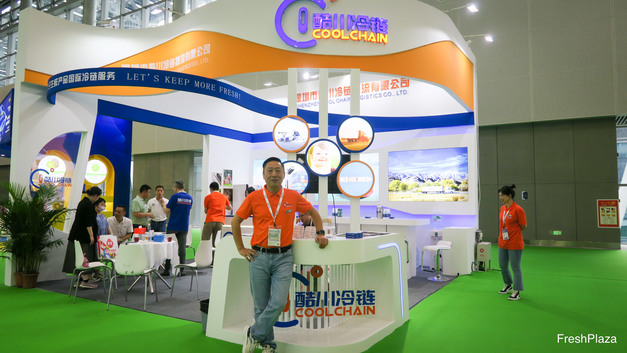
Thomas Vance at the Guangzhou International Fruit Expo at the end of August
The company's core competency lies in shipping, supplemented by air transportation. Currently, rail transportation is not part of their portfolio due to its complexity, the company is focusing on developing its road transportation domestically in China and is gearing up to launch road transportation from Vietnam to China.
Saving time and navigating complex regulations
"In a post-Covid world, our role in helping clients has evolved. Two primary aspects dominate efforts: saving time and ensuring regulatory compliance. Our company negotiates with shipping companies to expedite transit times while also liaising with ports and concerning officers to reduce cargo dwell times. Navigating the regulatory landscape in both China and exporting countries is paramount for facilitating international trade", continues Thomas: "With the impact of Covid waning, we primarily help clients save time and navigate complex regulations. We negotiate with shipping companies and ports to reduce transit times. Additionally, we facilitate compliance with Chinese government regulations and exporting country requirements, simplifying international business for their clients".
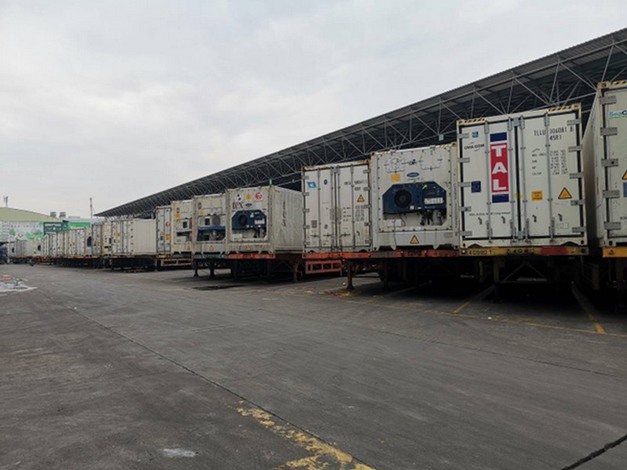
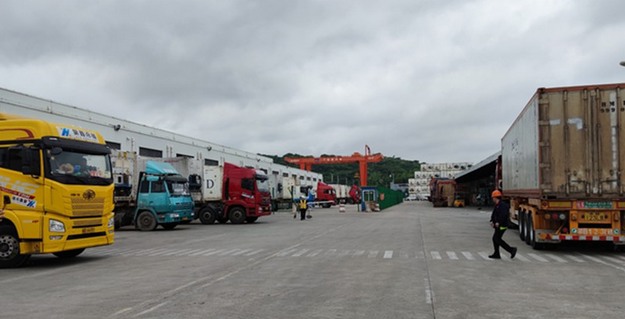
As the company focuses on fruit and reefer container transportation, they foresee road and rail transportation challenges, with cost and time efficiency becoming critical factors. Moreover, it expects increased competition and more stringent quality requirements. Digitalization will be crucial in meeting these challenges and offering enhanced services.
Thomas explains: "The company anticipates expanding its presence in Southeast Asia, and we keep an eye on the Philippines, Indonesia, and Malaysia. However, political stability remains a concern. We also explore opportunities in Australia, New Zealand, and Southern Hemisphere regions, aiming to tap into the growing demand for fresh produce from these regions."
The initial focus will be on Southeast Asia, leveraging proximity to keep fruit fresher during transit. The next step involves exports to Europe, with the Middle East also emerging as an important market. After participating in the Hong Kong Fruit Logistica Exhibition, inquiries from Arab countries underscore the region's growing interest in Southeast Asian fruits.
Interesting is the change in the volumes of dragon fruit imported from Vietnam, as Chinese growers are ramping up domestic production. Thomas expects that in the future, China will develop from a fruit import market to an export country.
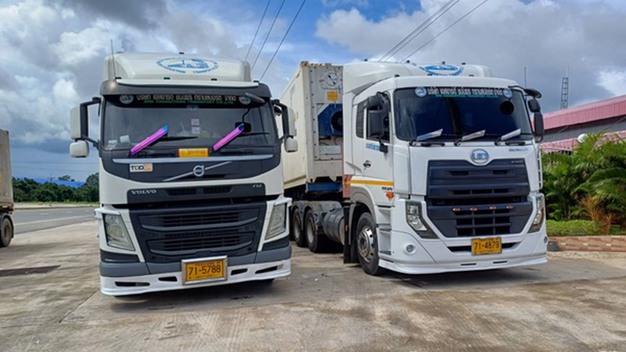
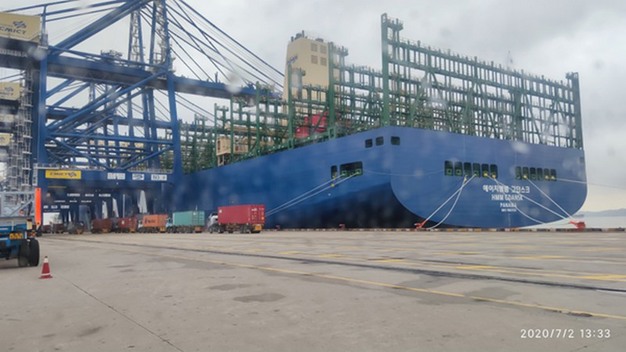
"As the Chinese economy continues to evolve, more Chinese companies will seek global opportunities. That said, Thailand, with its mature market and significant Chinese buyer presence, remains a focal point of our business. Vietnam, a similarly mature market with the recent introduction of Vietnamese durians, presents opportunities as well. Emerging markets like the Philippines hold promise but come with distinct challenges, primarily due to stringent regulations. Indonesia's potential is attractive, given its population and fruit production capabilities, though regional instability remains a concern. Finally, Malaysia, much like the Philippines, shows potential, especially as technology advances allow for fresh durian exports."
Looking ahead, Shenzhen Cool Chain Logistics has both short-term and long-term goals. In the near future, they aim to stabilize their Southeast Asian offices in Thailand and Vietnam while considering expansion into other countries like the Philippines and Malaysia.
Further down the road, it sees opportunities in Australia, New Zealand, and Southern Hemisphere regions. The potential for large-scale exports of fruits from these markets to China, once political stability is achieved, is attractive for future investments. "We see that the share of Chinese business owners in sourcing countries is growing. Often, companies open up offices in countries of origin or send sourcing teams to the regions. These Chinese business people are used to working with Chinese service providers. This gives us an opportunity, as we are exactly that. We are used to the speed, efficiency, and cost-effectiveness that Chinese business owners demand from their suppliers".
For more information:
Thomas Vanve, Deputy General Manager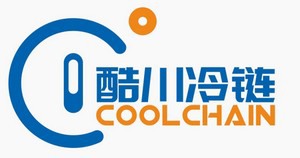 Shenzhen Cool Chain Logistics
Shenzhen Cool Chain Logistics
Tel.: +86 755 8608 0391
Email: [email protected]
www.coolchainlogistics.com
